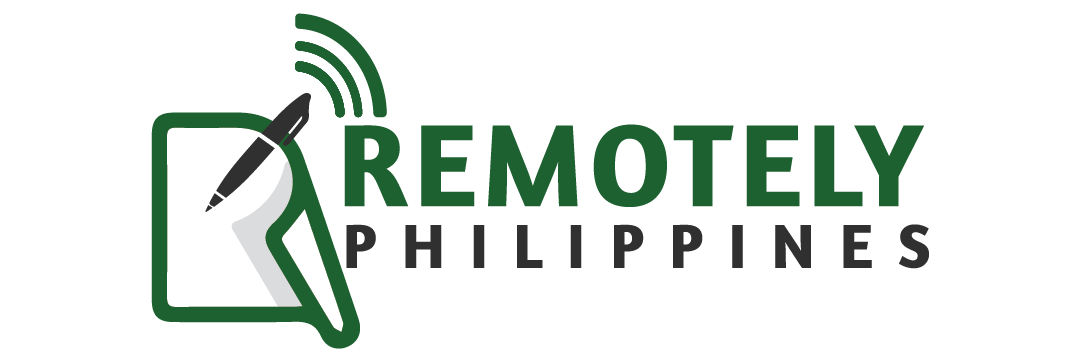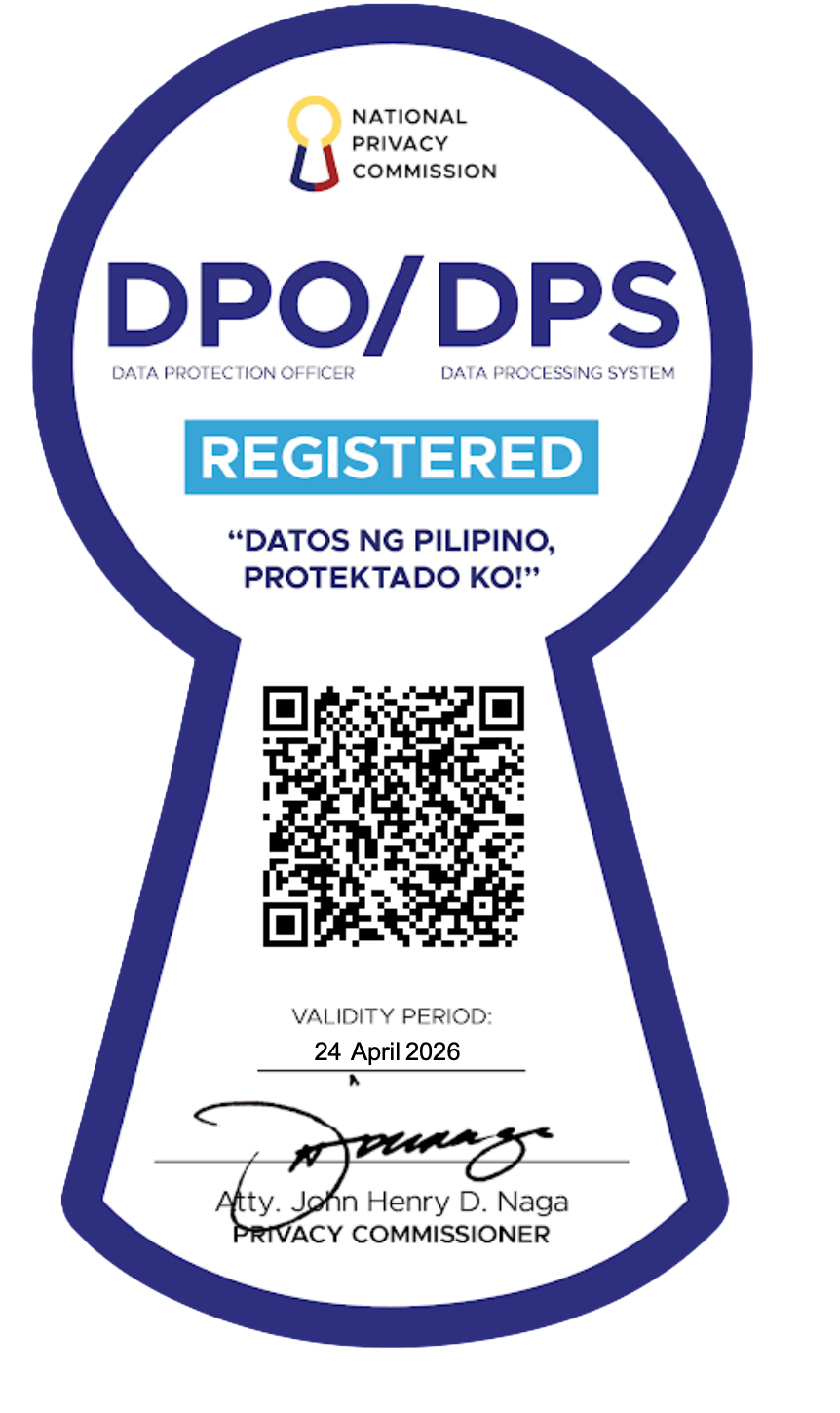Organizational leaders today know how fiercely competitive the market can be. In such a business landscape, every organization should focus on cultivating two key elements: innovation and curiosity.
A key element that fuels such ingenuity is the concept of "psychological safety." Harvard Business School's Amy Edmondson coined this term to underline the role of a safe, non-judgmental workspace in fostering an innovative environment. But how does this concept translate into real-world practice?
First, let's take a closer look at what psychological safety is.
What is psychological safety?
Psychological safety is all about creating a workspace where everyone feels they can voice their ideas, ask questions, or even admit mistakes without fear of being put down, shamed, or punished.
Essentially, it's an unspoken agreement within the team that no one will get ridiculed, dismissed, or penalized for speaking up or taking risks. It's about fostering a culture of openness, where feedback and idea-sharing are welcomed and encouraged.
As author Simon Sinek said, when people feel safe enough to raise their hands and say, "I made a mistake" or "I need some help," the leader has created an environment where their people feel safe to be themselves.
How can it benefit teams?
There are many benefits to promoting psychological safety. For instance, it:
- Encourages open communication and collaboration: When team members feel safe to voice their ideas, ask questions, or admit mistakes, it fosters an environment of trust and mutual respect.
- Promotes organizational innovation: People are more likely to think outside the box and propose new solutions when they're not worried about being ridiculed or punished for challenging the status quo.
- Can lead to increased engagement and productivity: Employees who feel heard and valued are more likely to be committed to their work and put in their best effort.
- Allows for effective learning and development: When mistakes are treated as learning opportunities, not failures, it drives continuous improvement and growth.
Without psychological safety, you're at risk of not innovating. Take the case of the recent Boeing 737 Max debacle, where employees had serious concerns about the problems in their plane. However, they failed to speak up, afraid that they would lose their jobs if they complained. This led to preventable business failures and accidents.
Implementing psychological safety within your organization isn't just about avoiding such calamities; it's also about unlocking your team's full potential. When you fail to innovate, the company loses out.
When employees are mentally checked out, they won't be committed to your company's success. The company loses an opportunity to take advantage of the contributions of all its talent. As Edmonson said, "You're not, as a leader, supposed to tolerate voice and input. You need to welcome it."
How do you assess if psychological safety is present at your workplace?
Edmondson's seven-item questionnaire helps assess the level of psychological safety within a team. These principles can act as a roadmap to creating an environment where team members feel valued, safe to take risks, and empowered to voice concerns.
How your team members respond to these questions can give you an idea of their experience, and how psychologically safe they feel in your team:
- If you make a mistake on this team, it is not held against you.
- Members of this team are able to bring up problems and tough issues.
- People on this team sometimes accept others for being different.
- It is safe to take a risk on this team.
- It isn’t difficult to ask other members of this team for help.
- No one on this team would deliberately act in a way that undermines my efforts.
- Working with members of this team, my unique skills and talents are valued and utilized.
Edmondson, however, warns that the scores from this survey aren't the be-all and end-all; it's the variance that really counts. “Anyone filling out a survey is doing so in a way that is relative to their expectations,” she says. “For example, if I say ‘yes, I can ask for help’ I’m doing that relative to what I think it ‘ought’ to be.”
Therefore, she advises managers to use the survey data as a lens through which to view their team's experiences. Encourage curiosity about what aspects could be tweaked or changed to enhance these experiences.
How to promote psychological safety in your organization
How do we make it safe for folks to speak up in our teams? The Center for Creative Leadership shared these tips to help leaders create a more psychologically safe workplace:
- Encourage everyone to speak up: Show curiosity and respect when someone challenges the status quo.
- Set norms for handling failure: Don't punish risk-taking; instead, view mistakes as learning opportunities.
- Allow space for new ideas: Support creative thinking and be open to untested, out-of-the-box ideas.
- Encourage productive conflict: Establish expectations for managing conflicting perspectives respectfully and productively.
- Monitor patterns: Ensure psychological safety is consistent across all team members.
- Foster dialogue: Improve the quality of conversations, promote the giving and receiving of feedback, and create space for raising concerns.
- Celebrate wins: Acknowledge what's going well, share credit, and show appreciation to encourage a sense of trust and mutual respect.
The Remotely Philippines experience
Creating such an environment in-house can be challenging, time-consuming, and resource-intensive, but it's worth it. At Remotely Philippines, we make it our priority to create psychologically safe spaces. Here's what our Senior Director for Operations Ednalyn Ortega has to say about the subject:
"Psychological safety is crucial for a successful workplace, as it encourages employees to express themselves and share their thoughts. A strong psychological safety culture nurtures transparency, appreciation, and encourages open communication.
"Here at Remotely Philippines, it enhances employee engagement, fosters an inclusive environment, encourages creativity, improves well-being, and boosts team performance. It encourages employees to take risks, innovate, admit mistakes, and learn from them, leading to a healthy work environment.
"Remember, employees who feel accepted, supported and valued are seen to reach their full potential with strong commitment and burning passion in conveying excellent work."
Our teams are not just equipped with the technical skills to handle our clients' business needs, but are also encouraged to voice their ideas, concerns, and suggestions for improvements. We make sure our clients get the best service possible.
Learn more about Remotely Philippines and the outsourcing solutions that we offer.
Sign up for our newsletter
Get regular curated content on management, outsourcing, and everything you need to know to stay ahead of the curve.









